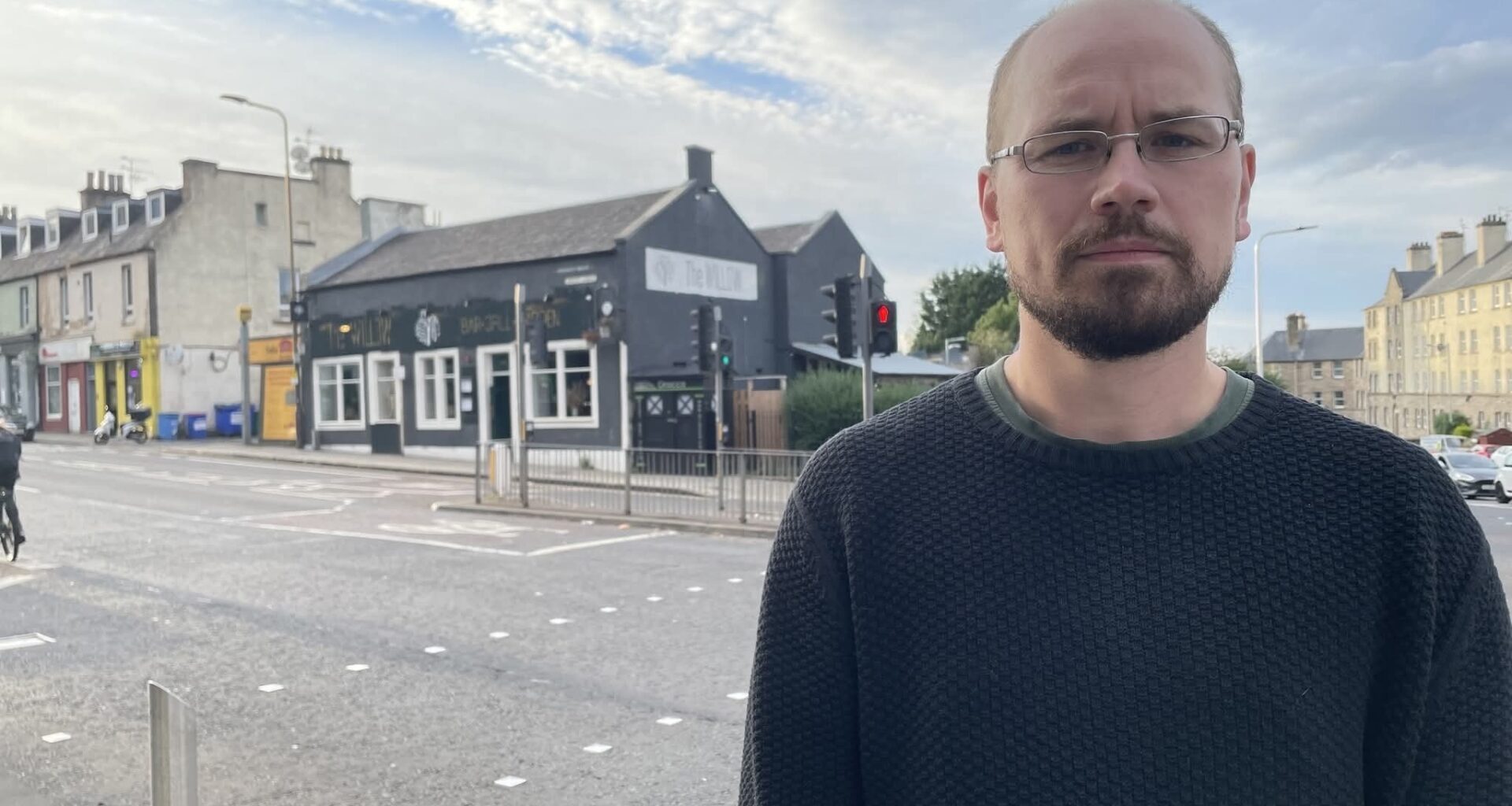Plans for a ban on new dedicated student housing blocks have been abandoned by Edinburgh Council over concerns about the risks of lawsuits by developers.
Council officers also said in a report that a moratorium on new purpose-built student accommodation blocks (PBSAs) would not be in line with the city’s development plan.
SNP councillor Danny Aston had first put forward the motion calling for the ban to be put into place at a full council meeting in July.
In advance of putting his motion forward, Cllr Aston told the Local Democracy Reporting Service that he was concerned about the impacts they were having on local communities.
He cited one development in Jock’s Lodge, which was approved after seeing over 1,000 objections, as an example.
Common objections to PBSA projects tend to revolve around the high prices of living there – with rooms in cluster flats often starting at £800 to £900 per month – along with small room sizes.
In advance of Wednesday’s Planning Committee meeting, no councillors put forward any amendments to the report, which would have allowed the ban to be put into place.
At the meeting, Cllr Aston asked officers for more clarity about the legal risks the ban would come with.
He said: “We did also hear earlier on today, in relation to another matter, that it is possible to amend an adopted local development plan.
“So I’m just wondering if you could outline what the process for that would be?”
Council officer Graham Nelson replied: “It’s a new procedure that’s only been brought in by the Planning Act, I think it’s only come in in the last year.
“It was designed as a process for new development plans, but the way it’s been framed in the legislation is such that it is likely also possible for amendment of old-style plans.
“It does in theory seem competent. There are challenges with that, in that, because a lot of the requirements have been framed about what would be prepared for a new-style plan.”
He added that there was uncertainty about what would happen if you amended an existing plan, and if there would be unexpected legal consequences for that.
Conservative councillor Joanna Mowat asked: “It’s a question, possibly for Mr Nelson, just about quantifying the risk of challenge if we deviate from the assessment process set out in the report.”
Council officer Iain McFarlane responded: “We’d certainly identify a likelihood of challenge in principle, and I think the question is, what is the likelihood of success?
“If we suddenly about-turn and pronounce a moratorium through whatever mechanism it might be, it would suggest there is significant risk there.”
Later in the meeting, Cllr Mowat mentioned that work to look at other tools to manage PBSA developments in the city was already underway when the motion to put in a moratorium was approved.
She also cast doubt on the usefulness of any moratorium, adding: “What is a moratorium trying to do? We might do all this work and say, ‘we need more student housing’.”
“I think we’ve got to be careful about saying that this is something we automatically don’t want to see any more of.
“What we want is more housing, and it is part of a housing mix for people who come to the city.”
Earlier in the meeting, representatives of the Living Rent tenants’ union gave a deputation calling for a ban to be put into effect.
Emma Yuen told councillors: “There’s been a 151% increase in PBSA developments in Edinburgh since 2005.
“While this has ostensibly to meet the demand from increasing student numbers, these flats are often also unaffordable for students, and student homelessness continues to rise.
“There are 26,799 people waiting to be assigned social housing in Edinburgh. Residents in Leith and Gorgie have campaigned over the last few years for social housing instead of huge PBSA developments.”
The deputation also raised that PBSA developments do not need to pay business rates, and added that a full semester of rent in the blocks often exceeds the top SAAS allocation.
And, it added that international students are often pushed towards renting flats in PBSA halls, due to their being one of the few types of housing often that do not require a UK guarantor if proof of suitable income cannot be provided.
By Joseph Sullivan Local Democracy Reporter
The Local Democracy Reporting Service (LDRS) is a public service news agency. It is funded by the BBC, provided by the local news sector (in Edinburgh that is Reach plc (the publisher behind Edinburgh Live and The Daily Record) and used by many qualifying partners. Local Democracy Reporters cover news about top-tier local authorities and other public service organisations.
Like this:
Like Loading…
Related
